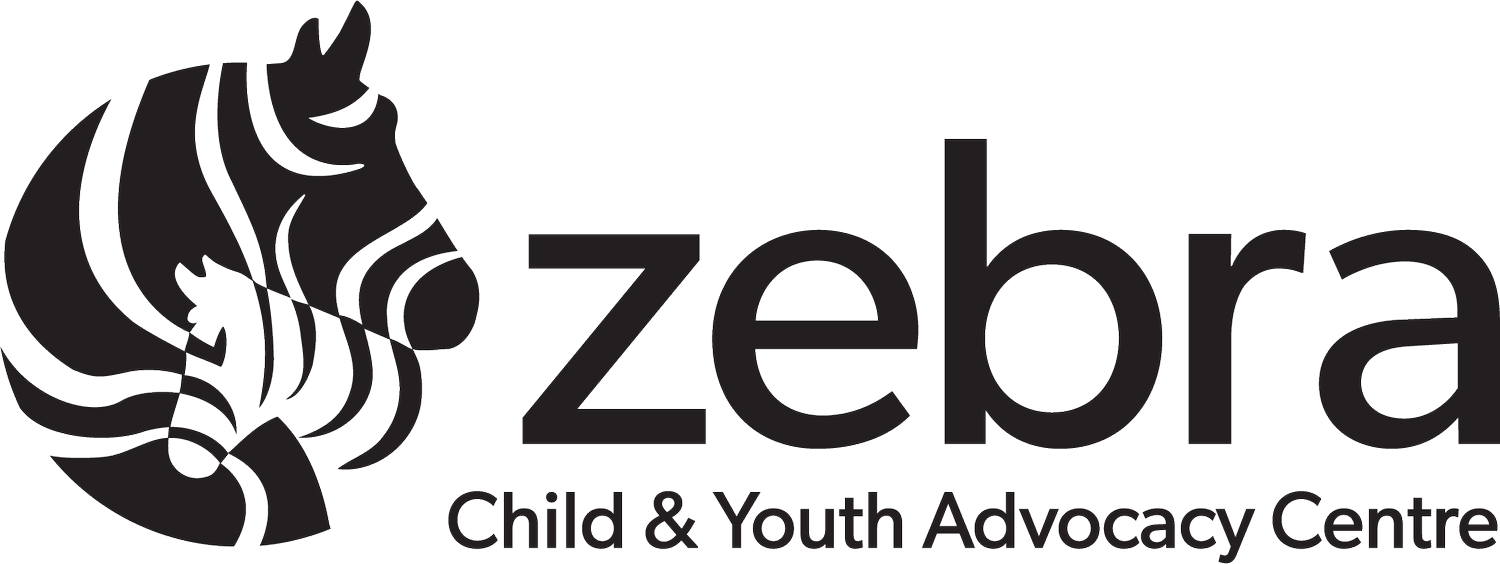What is Consent?
During the holiday season, families may be mingling and visiting with relatives and friends. It is important in these social situations for children and youth to be familiar with their personal physical boundaries.
While some children may feel comfortable greeting relatives and friends with a hug, others may prefer a high five. It is key that the child knows that they are not obligated to do anything beyond their comfort zone.
We encourage caregivers and parents to introduce the concept of consent when discussing these personal boundaries.
According to DefendInnocence.org, consent is “the full, continuous, reciprocal agreement to an activity among the individuals involved.”
The key principles of consent are:
Respect - Always respect someone else's choices.
Boundaries - Every individual has different comfort levels that are to be consistently understood and respected.
Communication - Key to asking for consent and mutual understanding.
Ability - They must be able to clearly express their consent and understand what they are consenting to.
Ongoing - Everyone is allowed to change their minds at any time. Always continue to ask for consent.
By teaching and practicing consent, children learn they have a say in who can enter their personal space and are empowered to speak up for themselves. It also teaches them to reciprocate respect for other people’s boundaries as well.
5 tips for navigating a conversation about consent with children and youth:
Explain why it is important to always ask for consent.
Tell the child that they are allowed to change their mind.
Explain that their boundaries are on their terms. No one can decide for them what their comfort level is.
Ask the child for consent to be in their personal space.
Lead by example by modelling to the child how to respectfully accept someone's decision.
For additional advice about talking to children about consent, please visit:
https://defendinnocence.org/kid-chats-consent/
https://www.youtube.com/watch?v=h3nhM9UlJjc
Source: DefendInnocence.org.
